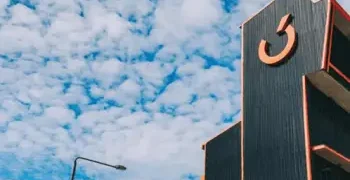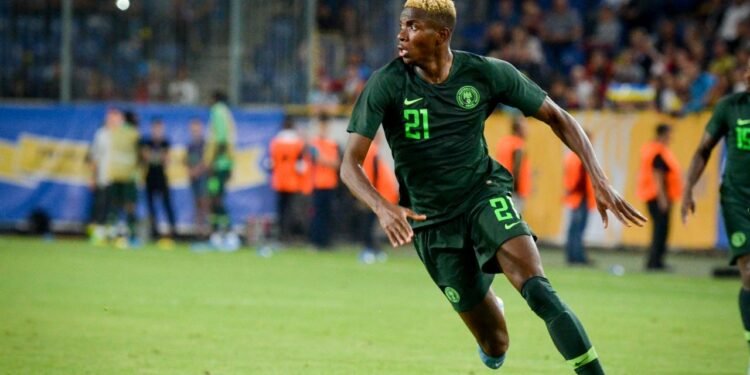Yesterday, we looked at the investment angle to age grade football drawing some cognate instances with individual players and football federations. It was apparent that a well-planned, well executed cadre football progression is an exercise in human capital.
Today, we are still focusing on this investment angle but from a more practical perspective as social investment. The EU defines social investment as “policies designed to strengthen people’s skills and capacities and support them to participate fully in employment and social life.” This definition goes a long way to buttress the point we have been driving at since.
Human capital investment, and by extension, social investment, has a target in view, which is to get these individuals trained via a process and get them ready to deliver expected outcomes.
Practically, consider Victor Osimhen (Napoli – €74m) and Kelechi Iheanacho (Leicester – €25m). They grew through the ranks and today they are relatively doing well with their relatively big clubs. Nairametrics put the figure of diaspora remittances for 2019 at $17.57 billion. This contributed to the growth of the Nigerian economy within the period in question. There are many players out there who benefitted from this program; Mikel Obi being one of the biggest beneficiaries.
Osimhen came to limelight from Ultimate Strikers Academy (Lagos) when he played for the Golden Eaglets at the 2015 FIFA U17 World Cup where he won both the golden boot and silver ball awards and Nigeria won the golden trophy in Chile. He also played for the Flying Eagles (U20) in same 2015 and the Dream Team (U23) in 2019. Now he is a full-fledged squad member of the current Super Eagles under coach Gernot Rohr. This is progression and we have seen the achievement of this goal.
As social investment, this programme has taken him and others like him off the streets and crime; and he is not only making a living for himself, family and friends but also contributing to the Nigerian economy through diaspora remittance. By extension, he must have employed some people for either domestic or commercial purposes and the social investment angle expands.
Coming to the game proper, it would be inappropriate not to mention the quality of the game per tournament. Nigerians are known for impatience when it comes to football. That they did not win the just concluded WAFU tournament does not mean the end of the road. It is even the beginning of a long process.
What is needed now is to review the performance, beef up the lacks, consolidate the strengths and form new strategies in prep for the forthcoming AFCON U17 in Morocco. Where need be, players that performed below par should be dropped and new ones engaged form blooming academies. Blend all these together and use the AFCON as a testing ground for the synergy; the target being to qualify for the U17 World Cup. If they achieve this, another review follows till after the world cup.
Most successful ones from this team form the bulk of the transition to the Flying Eagles, then to the Dream Team and finally to the Super Eagles. Inasmuch as the NFF gets subventions for participating in these tournaments, the ultimate goal is to monitor and evaluate this process till we win the senior world cup. This is where the money is! Also, the AFCON. This is when the process has paid off for the NFF as an institution. But the ripples spread via social investment and diaspora remittances.
Next, we will look at the missing links that most probably delude Nigeria from achieving these goals.
Azuka Edokobi is a Writer , a Farmer, a Supply Chain Expert and an Entrepreneur





















































